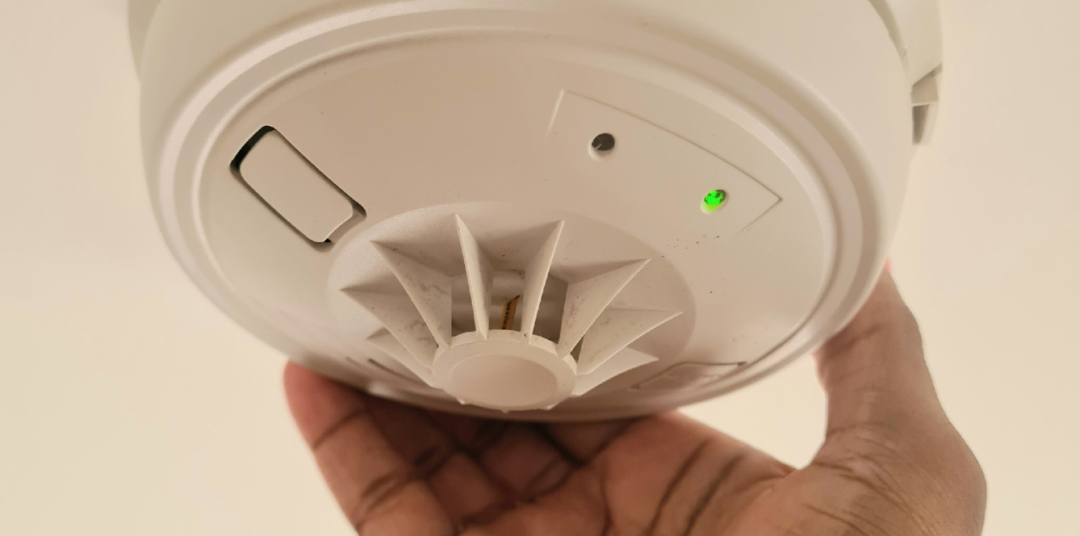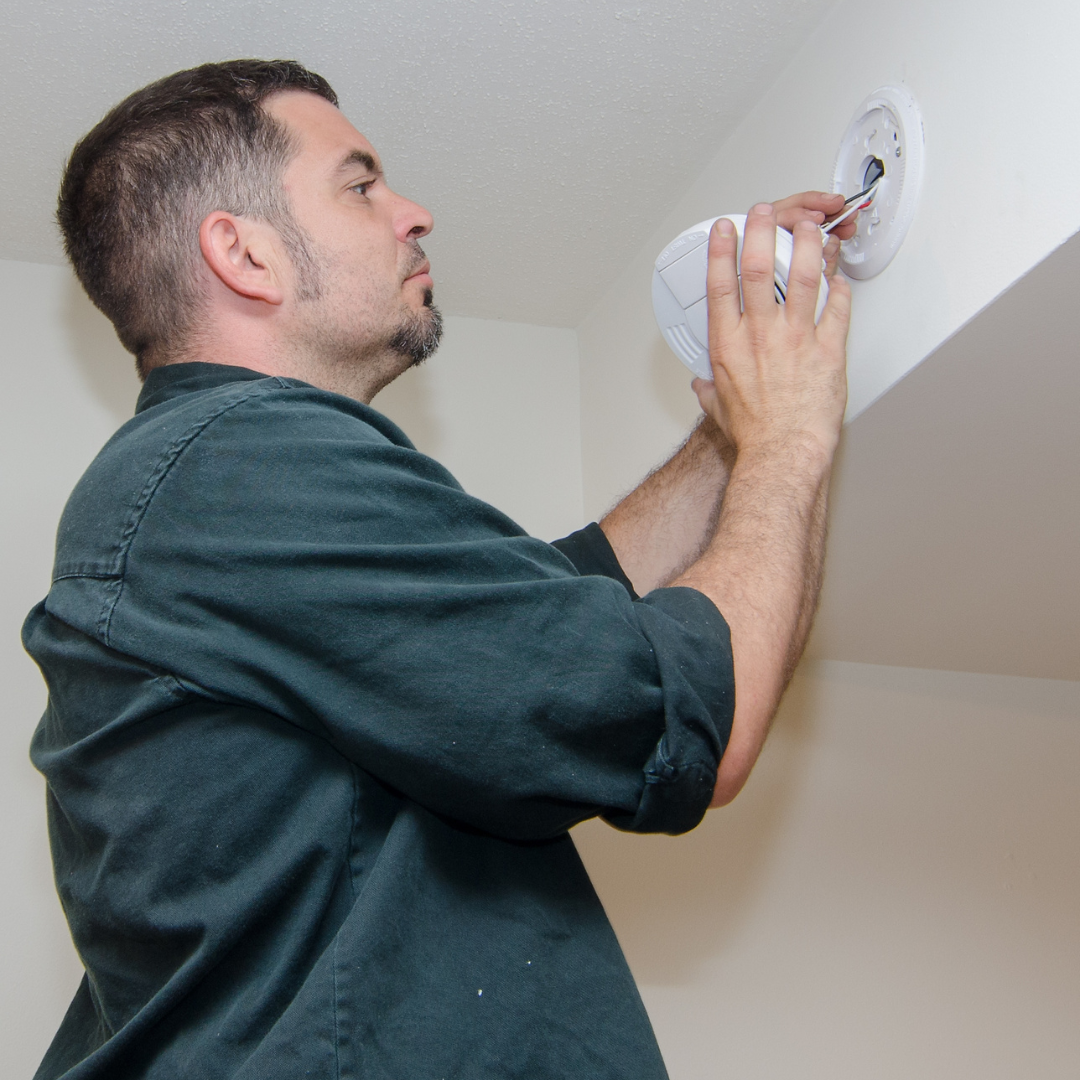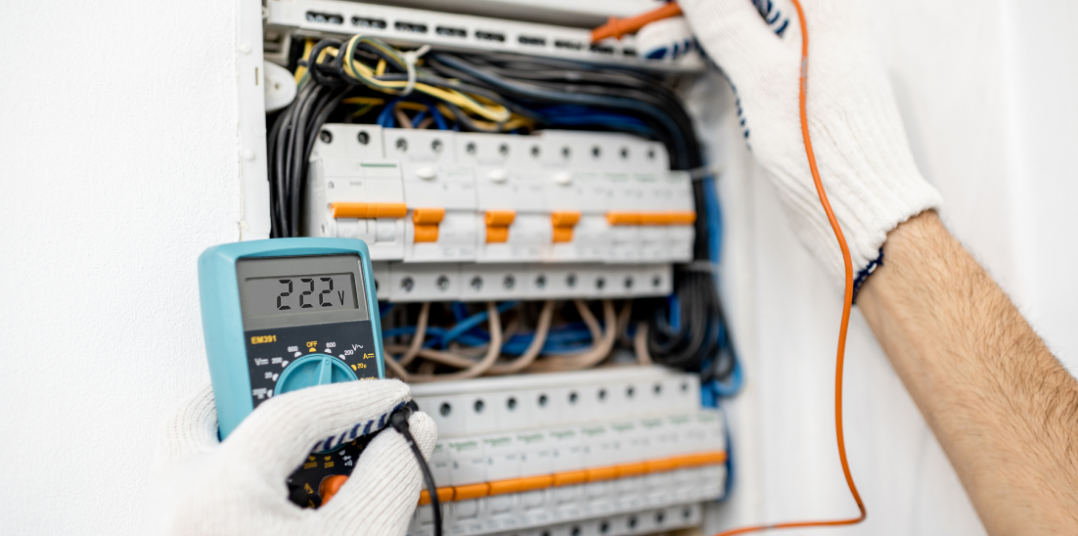Smoke and Carbon Monoxide Alarm Regulations
Although the Smoke and Carbon Monoxide Alarm (England) Regulations 2015 came into force on 1 October 2015, the Smoke and Carbon Monoxide Alarm (Amendment) Regulations 2022 will come into force on 1 October 2022.
It is important to note that there will be no transitional period after 1 October 2022 and the local authorities can impose a fine of up to £5,000 if a landlord fails to comply with a remedial notice.
What do the new Regulations mean?
In brief, all landlords must now ensure
- that a carbon monoxide alarm is provided on each storey of their homes where there is a room used as living accommodation
- that a carbon monoxide alarm in any room used as living accommodation which contains a fixed combustion appliance, this does not include gas cookers. It should be stated that this has been a legal requirement in the private rented sector since 2015
- that smoke alarms and carbon monoxide alarms are repaired or replaced once they are informed and the alarms are found to be faulty.

Are the tenants responsible for anything?
Landlords will be responsible for repairing or replacing any faulty alarms however if the tenant finds that their smoke alarms and carbon monoxide alarms are not in working order during the tenancy because of the batteries, then they are advised to arrange for the replacement of the batteries.
If the alarms do not work after replacing the batteries, or if tenants are unable to replace the batteries themselves, then they should report this to the landlord.
Landlords should also consider providing their tenants with instructions on how and how often to test the alarms to make sure they are in working order.
Which tenancies are exempt from these regulations?
- shared accommodation with a landlord or landlord’s family
- long leases
- student halls of residence
- hotels and refuges
- care homes
- hospitals and hospices
- low-cost ownership homes
- other accommodation relating to health care provision
Need to fix a repair or breakdown?
Landlord Blog
Demystifying the Section 8 Notice: A Comprehensive Guide for Landlords
When it comes to managing rental properties, landlords occasionally find themselves in situations where tenants are in breach of their tenancy agreements. In such cases, a Section 8 notice can be a valuable tool to regain possession of the property.
Navigating the Rental Revolution: A Deep Dive into the Renters’ Reform Bill
The Renters’ Reform Bill is a hot topic in the UK, aiming to bring a wave of change to the rental market. We’ve rounded up all you need to know about this exciting development and will keep you updated as the details unfold.
A Comprehensive Guide: How Landlords Can Prepare for Bailiff Evictions in the UK
Evictions can be a challenging and distressing process for landlords in the UK, particularly when the tenant is uncooperative or has failed to pay rent. If all other methods to resolve the situation have been exhausted, landlords may need to consider the last resort – applying for a bailiff eviction.
We create this content for general information purposes and it should not be taken as advice. Always take professional advice. Please read our full disclaimer.










